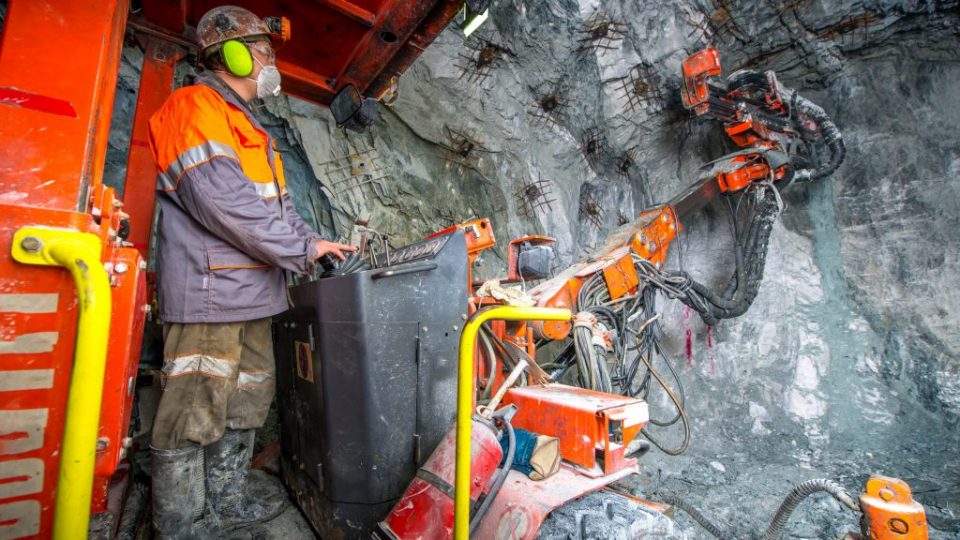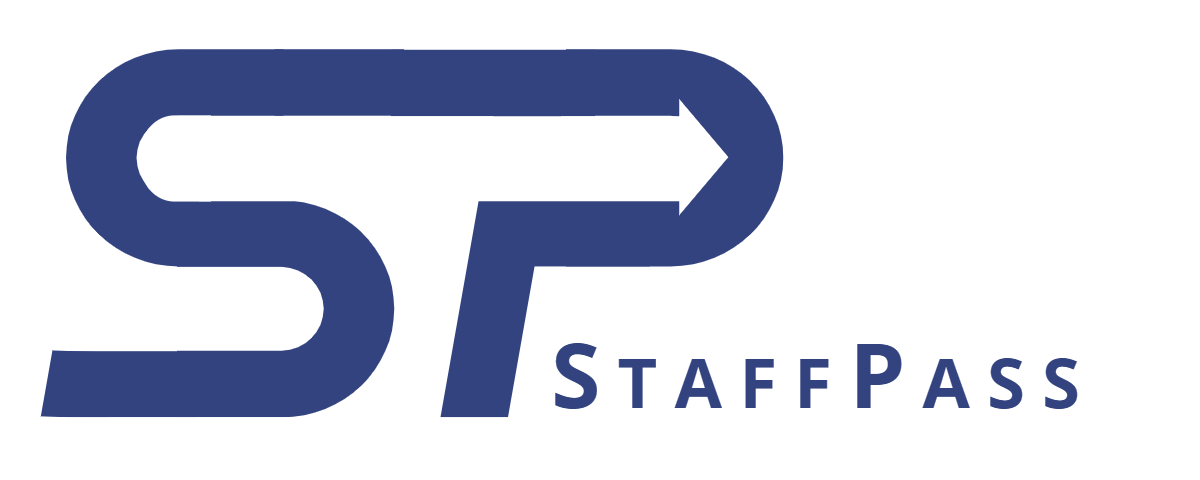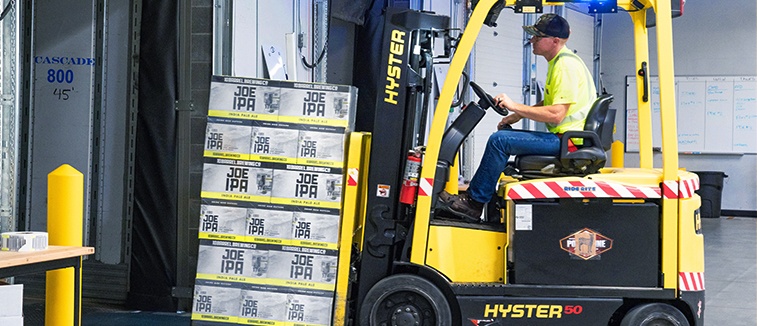Maximising Employee Potential:
Leveraging Skills Management Tools for construction and mining companies
Having a highly-skilled workforce is essential for success in any business, especially in construction and mining. With a multitude of tasks and projects to manage, it can be challenging to keep on top of the skills and knowledge within your company. However, by utilising skills management tools, companies can better manage their workforce, leading to greater efficiency and productivity.
- Keeping a Record of Your Company’s Knowledge Pool
One of the main benefits of skills management tools is that they allow companies to maintain a complete record of their employees’ skills and knowledge. Whether it is in relation to office based staff or skilled professionals on site, this information can be invaluable in the event that an employee leaves or is unable to work due to illness or injury. With a comprehensive record of an employee’s skills, the company can quickly identify which tasks need to be reassigned and which knowledge gaps need to be filled.
- Identifying Skills Gaps
Skills management tools can also help companies identify skills gaps within their workforce. This information can be used to justify hiring new staff or upskilling existing employees to acquire the skills needed to improve the company’s operations.
- Monitoring Employee Development
Another advantage of skills management tools is that they enable managers to monitor the development of their employees. As part of progress reviews, managers can track the progress of employees’ skills, identify areas for improvement, and provide feedback and support. This can help employees grow and develop professionally, leading to an overall improvement in their performance and contributing to the success of the company.
- Succession Planning
Skills management tools can also play a critical role in succession planning. By monitoring the skills and knowledge of employees, companies can identify who to promote and what skills to develop in employees, ensuring a seamless transition of leadership.
- Avoiding Risk to Commercial Operations
By ensuring your workforce is fully skilled and all positions are resourced, companies can avoid loss in productivity and ensure business continuity. No matter what industry you operate in, it’s essential to avoid disruptions to operations as it can have a significant impact on productivity and profitability. With a skills management tool in place, companies can ensure that they have the right skills in place to avoid any risk to their commercial operations.

Key Takeaways
Skills management tools offer a range of benefits for companies. By keeping a record of the company’s knowledge pool, identifying skill gaps, monitoring employee development, and facilitating succession planning, companies can maximise the potential of their workforce and achieve greater success whilst reducing their exposure to commercial risk.
If you want to find out how StaffPass can help you maximise your workforce, just reach out to us and we’d be happy to arrange a complimentary demo.




